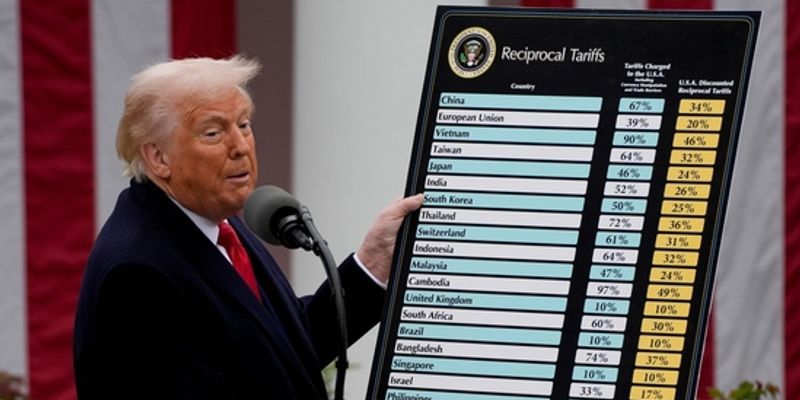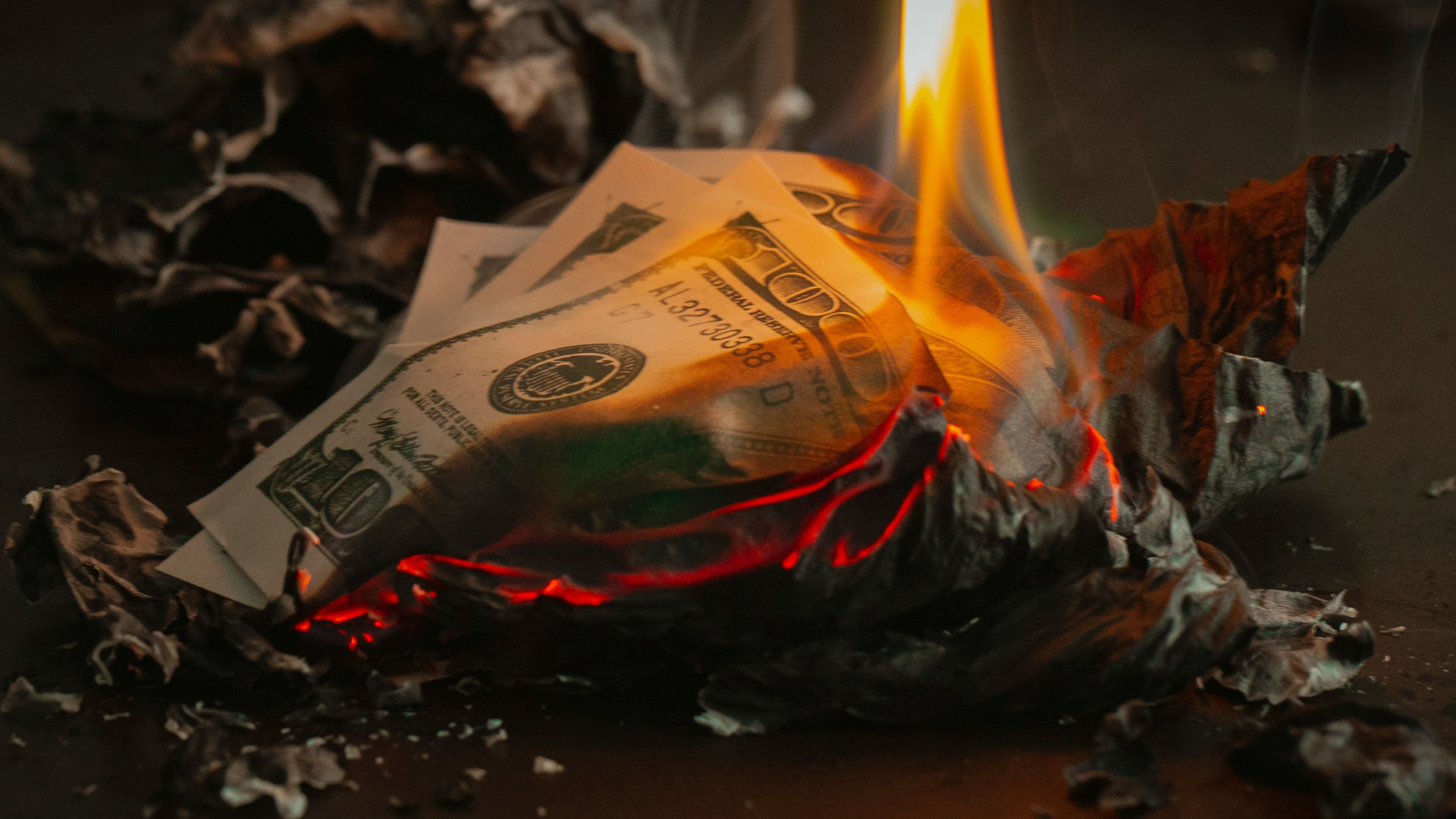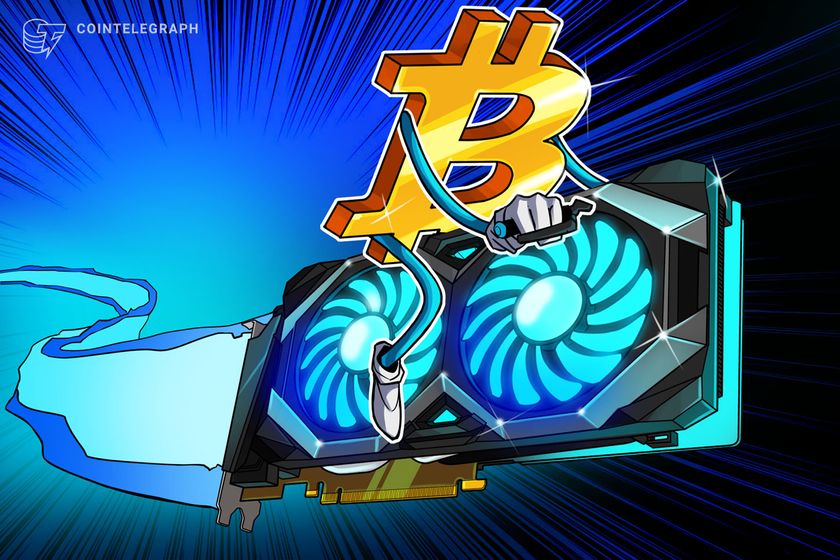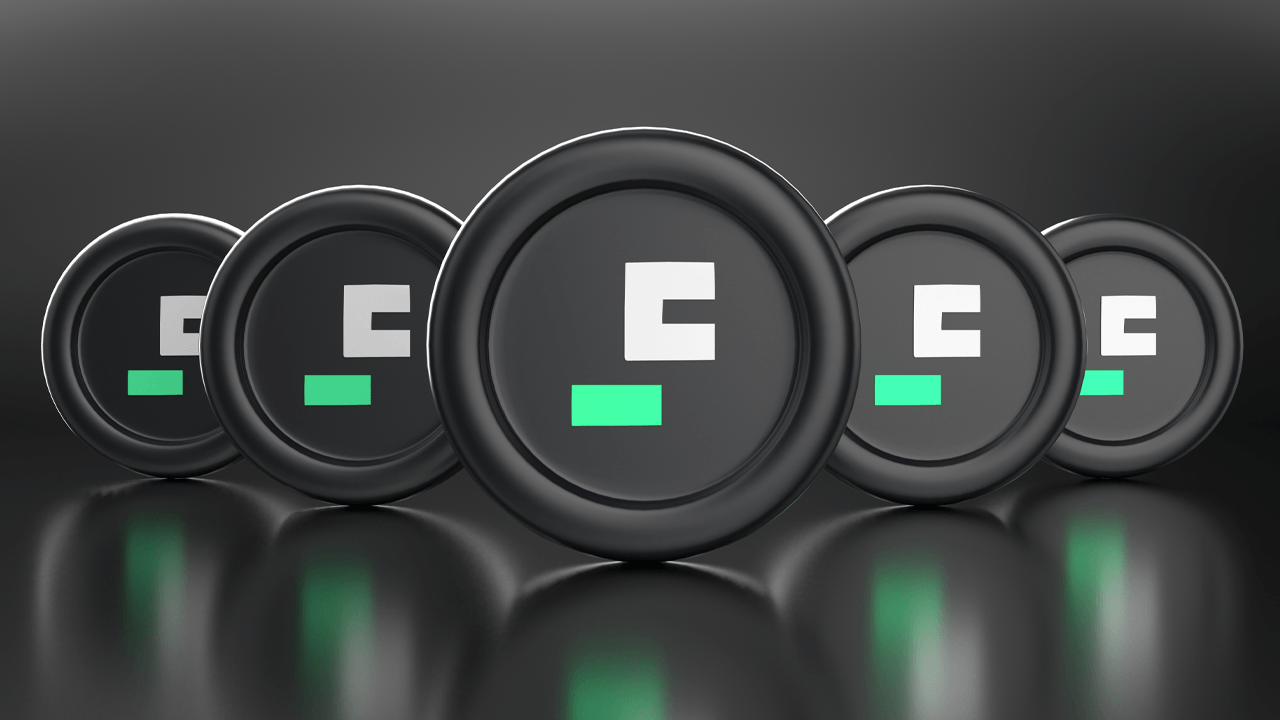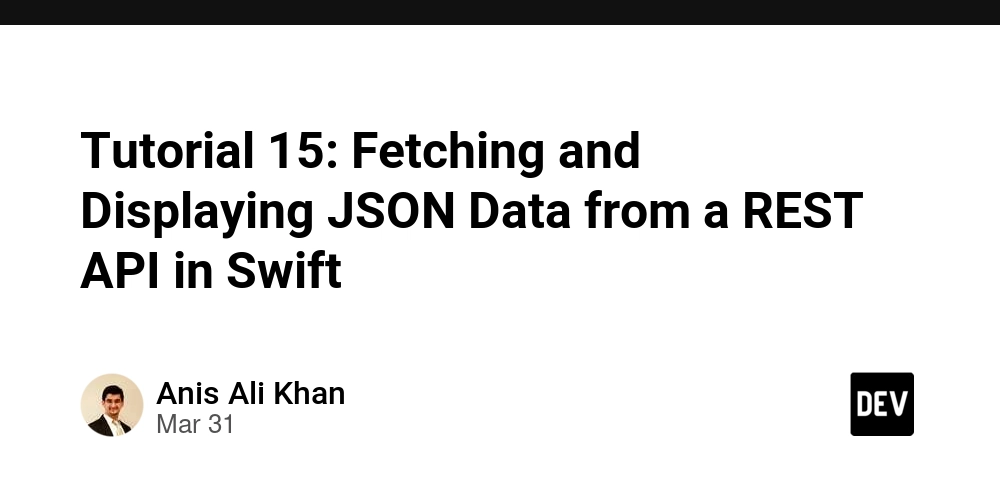Influencers Gone Wild: Social Fame’s Toxic Downfall Exposed
The curated perfection of social media has long masked a darker reality. While influencers paint idyllic lives, the stark truth is that a growing number are experiencing spectacular, often self-inflicted, downfalls, a phenomenon increasingly known as "influencers gone wild." These "wild" moments, captured and amplified by the very platforms that birthed their fame, reveal the precarious nature of online celebrity and the toxic pressures that can lead to its demise. 1. The Illusion of Authenticity Shattered: Influencer culture thrives on the illusion of authenticity. Followers are drawn to the perceived "realness" of their online idols. However, the relentless pursuit of engagement and monetization often leads to manufactured drama, staged controversies, and outright falsehoods. When these facades crumble, the backlash can be swift and brutal. From fabricated travel experiences to exaggerated personal narratives, the exposure of inauthenticity erodes trust and fuels public outrage. 2. The Pressure Cooker of Constant Content Creation: The demand for constant content is a relentless pressure cooker. Influencers are expected to be "always on," perpetually generating engaging material to maintain their relevance. This 24/7 cycle can lead to burnout, mental health struggles, and impulsive decisions made in the heat of the moment. These moments of vulnerability, often captured and shared without context, can be weaponized by online audiences, leading to swift and severe reputational damage. 3. The Blurred Lines Between Public and Private: Social media has blurred the lines between public and private life. Influencers often share intimate details of their lives, creating a sense of parasocial intimacy with their followers. However, this lack of boundaries can have devastating consequences. Private conflicts, personal struggles, and even offhand remarks can be amplified and scrutinized, leading to public shaming and career-ending scandals. 4. The Echo Chamber of Online Validation: The pursuit of online validation can create a dangerous echo chamber. Influencers become reliant on likes, comments, and shares, shaping their behavior and beliefs to maximize engagement. This constant reinforcement can lead to a distorted sense of reality and a disregard for social norms. When influencers step outside the boundaries of acceptable behavior, they often face a harsh reckoning from the very audiences they sought to please. 5. The Rise of "Cancel Culture" and its Impact: The rise of "cancel culture" has amplified the consequences of influencer missteps. Minor transgressions, past mistakes, and even misconstrued statements can be used to mobilize online mobs, demanding apologies, boycotts, and platform bans. While accountability is essential, the speed and severity of online backlash can be disproportionate, leading to the destruction of careers and livelihoods. 6. The Mental Health Toll of Social Fame: The constant scrutiny, pressure to perform, and fear of online backlash take a significant toll on influencers' mental health. Anxiety, depression, and substance abuse are common struggles. The lack of support systems and the stigma surrounding mental health can exacerbate these issues, leading to erratic behavior and self-destructive patterns. 7. The Exploitation of Vulnerability for Engagement: Some influencers deliberately exploit their own or others' vulnerabilities for engagement. Staged breakdowns, manufactured controversies, and the public airing of personal grievances are used to generate clicks and views. This cynical approach to content creation not only damages the individuals involved but also contributes to a toxic online environment. 8. The Lack of Accountability and Regulation: The lack of clear guidelines and regulations on social media platforms contributes to the "wild west" atmosphere. Influencers often operate in a legal and ethical gray area, with little accountability for their actions. This lack of oversight allows for the spread of misinformation, the exploitation of vulnerable audiences, and the perpetuation of harmful stereotypes. 9. The Cycle of Apology and Redemption: When influencers face public backlash, they often engage in a cycle of apology and redemption. While genuine remorse is essential, the performative nature of some apologies can further fuel public cynicism. The pressure to "bounce back" quickly can also lead to superficial changes and a failure to address the underlying issues. 10. The Unpredictable Nature of Online Fame: The downfall of influencers underscores the unpredictable nature of online fame. The very algorithms that propel them to stardom can also contribute to their demise. The shifting tides of public opinion, the rise of new platforms, and the constant evolution of online trends can create a volatile and unstable environment. The lesson remains: on

The curated perfection of social media has long masked a darker reality. While influencers paint idyllic lives, the stark truth is that a growing number are experiencing spectacular, often self-inflicted, downfalls, a phenomenon increasingly known as "influencers gone wild." These "wild" moments, captured and amplified by the very platforms that birthed their fame, reveal the precarious nature of online celebrity and the toxic pressures that can lead to its demise.
1. The Illusion of Authenticity Shattered:
Influencer culture thrives on the illusion of authenticity. Followers are drawn to the perceived "realness" of their online idols. However, the relentless pursuit of engagement and monetization often leads to manufactured drama, staged controversies, and outright falsehoods. When these facades crumble, the backlash can be swift and brutal. From fabricated travel experiences to exaggerated personal narratives, the exposure of inauthenticity erodes trust and fuels public outrage.
2. The Pressure Cooker of Constant Content Creation:
The demand for constant content is a relentless pressure cooker. Influencers are expected to be "always on," perpetually generating engaging material to maintain their relevance. This 24/7 cycle can lead to burnout, mental health struggles, and impulsive decisions made in the heat of the moment. These moments of vulnerability, often captured and shared without context, can be weaponized by online audiences, leading to swift and severe reputational damage.
3. The Blurred Lines Between Public and Private:
Social media has blurred the lines between public and private life. Influencers often share intimate details of their lives, creating a sense of parasocial intimacy with their followers. However, this lack of boundaries can have devastating consequences. Private conflicts, personal struggles, and even offhand remarks can be amplified and scrutinized, leading to public shaming and career-ending scandals.
4. The Echo Chamber of Online Validation:
The pursuit of online validation can create a dangerous echo chamber. Influencers become reliant on likes, comments, and shares, shaping their behavior and beliefs to maximize engagement. This constant reinforcement can lead to a distorted sense of reality and a disregard for social norms. When influencers step outside the boundaries of acceptable behavior, they often face a harsh reckoning from the very audiences they sought to please.
5. The Rise of "Cancel Culture" and its Impact:
The rise of "cancel culture" has amplified the consequences of influencer missteps. Minor transgressions, past mistakes, and even misconstrued statements can be used to mobilize online mobs, demanding apologies, boycotts, and platform bans. While accountability is essential, the speed and severity of online backlash can be disproportionate, leading to the destruction of careers and livelihoods.
6. The Mental Health Toll of Social Fame:
The constant scrutiny, pressure to perform, and fear of online backlash take a significant toll on influencers' mental health. Anxiety, depression, and substance abuse are common struggles. The lack of support systems and the stigma surrounding mental health can exacerbate these issues, leading to erratic behavior and self-destructive patterns.
7. The Exploitation of Vulnerability for Engagement:
Some influencers deliberately exploit their own or others' vulnerabilities for engagement. Staged breakdowns, manufactured controversies, and the public airing of personal grievances are used to generate clicks and views. This cynical approach to content creation not only damages the individuals involved but also contributes to a toxic online environment.
8. The Lack of Accountability and Regulation:
The lack of clear guidelines and regulations on social media platforms contributes to the "wild west" atmosphere. Influencers often operate in a legal and ethical gray area, with little accountability for their actions. This lack of oversight allows for the spread of misinformation, the exploitation of vulnerable audiences, and the perpetuation of harmful stereotypes.
9. The Cycle of Apology and Redemption:
When influencers face public backlash, they often engage in a cycle of apology and redemption. While genuine remorse is essential, the performative nature of some apologies can further fuel public cynicism. The pressure to "bounce back" quickly can also lead to superficial changes and a failure to address the underlying issues.
10. The Unpredictable Nature of Online Fame:
The downfall of influencers underscores the unpredictable nature of online fame. The very algorithms that propel them to stardom can also contribute to their demise. The shifting tides of public opinion, the rise of new platforms, and the constant evolution of online trends can create a volatile and unstable environment. The lesson remains: online fame is fleeting, and genuine character is paramount.











































































































































































![[The AI Show Episode 142]: ChatGPT’s New Image Generator, Studio Ghibli Craze and Backlash, Gemini 2.5, OpenAI Academy, 4o Updates, Vibe Marketing & xAI Acquires X](https://www.marketingaiinstitute.com/hubfs/ep%20142%20cover.png)















































































































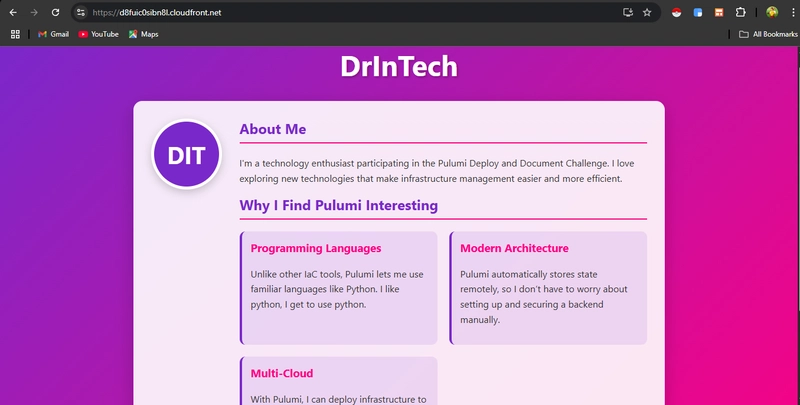

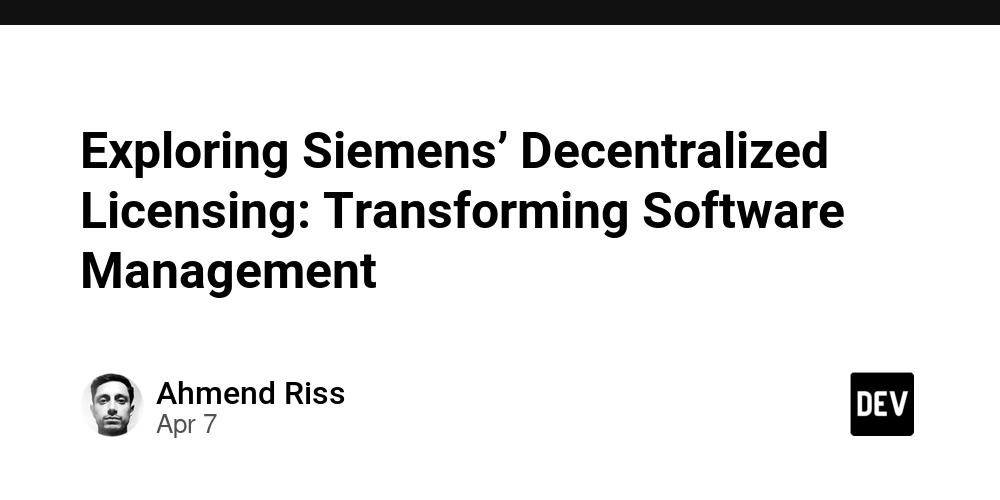
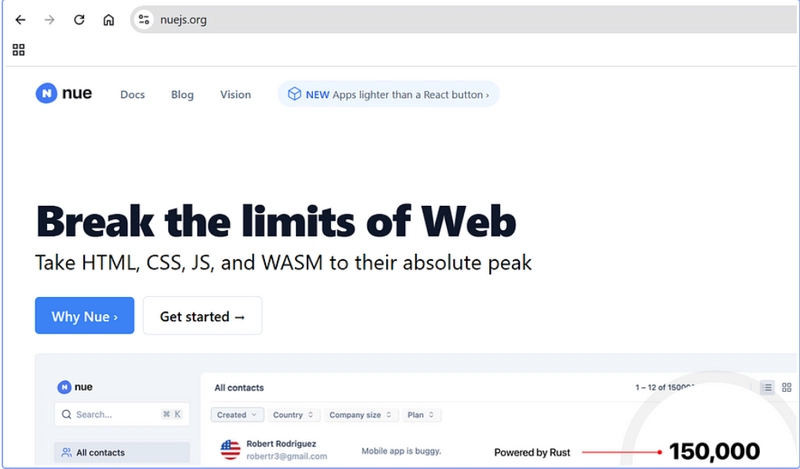









![[DEALS] The Premium Learn to Code Certification Bundle (97% off) & Other Deals Up To 98% Off – Offers End Soon!](https://www.javacodegeeks.com/wp-content/uploads/2012/12/jcg-logo.jpg)


![From drop-out to software architect with Jason Lengstorf [Podcast #167]](https://cdn.hashnode.com/res/hashnode/image/upload/v1743796461357/f3d19cd7-e6f5-4d7c-8bfc-eb974bc8da68.png?#)








































































































.png?#)


































_Christophe_Coat_Alamy.jpg?#)
.webp?#)
 (1).webp?#)
















































































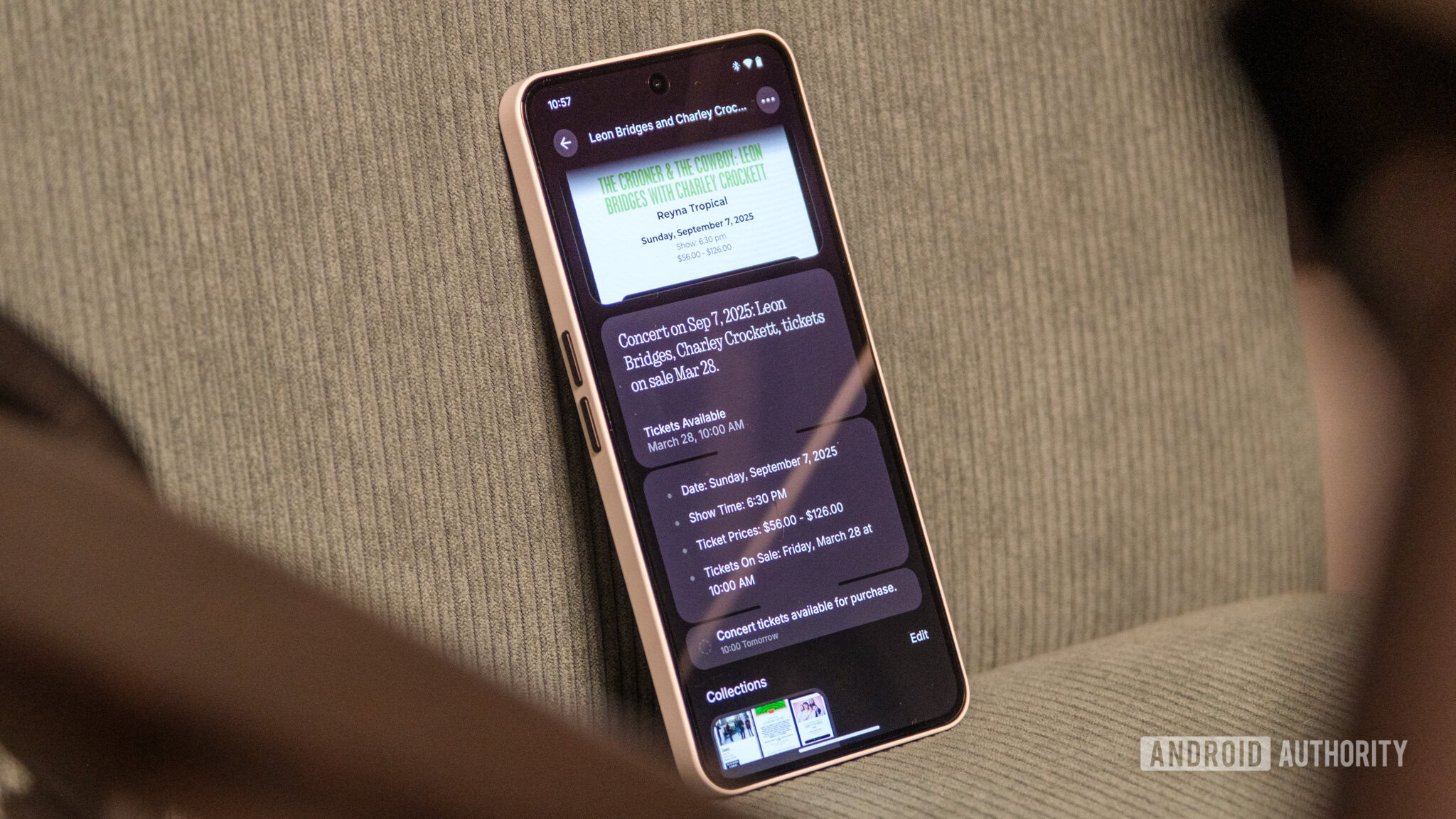





















![Apple Considers Delaying Smart Home Hub Until 2026 [Gurman]](https://www.iclarified.com/images/news/96946/96946/96946-640.jpg)
![iPhone 17 Pro Won't Feature Two-Toned Back [Gurman]](https://www.iclarified.com/images/news/96944/96944/96944-640.jpg)
![Tariffs Threaten Apple's $999 iPhone Price Point in the U.S. [Gurman]](https://www.iclarified.com/images/news/96943/96943/96943-640.jpg)





































































